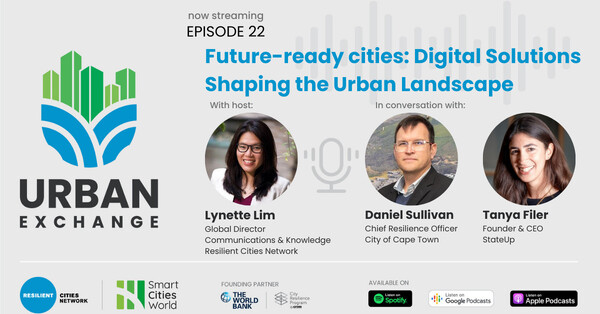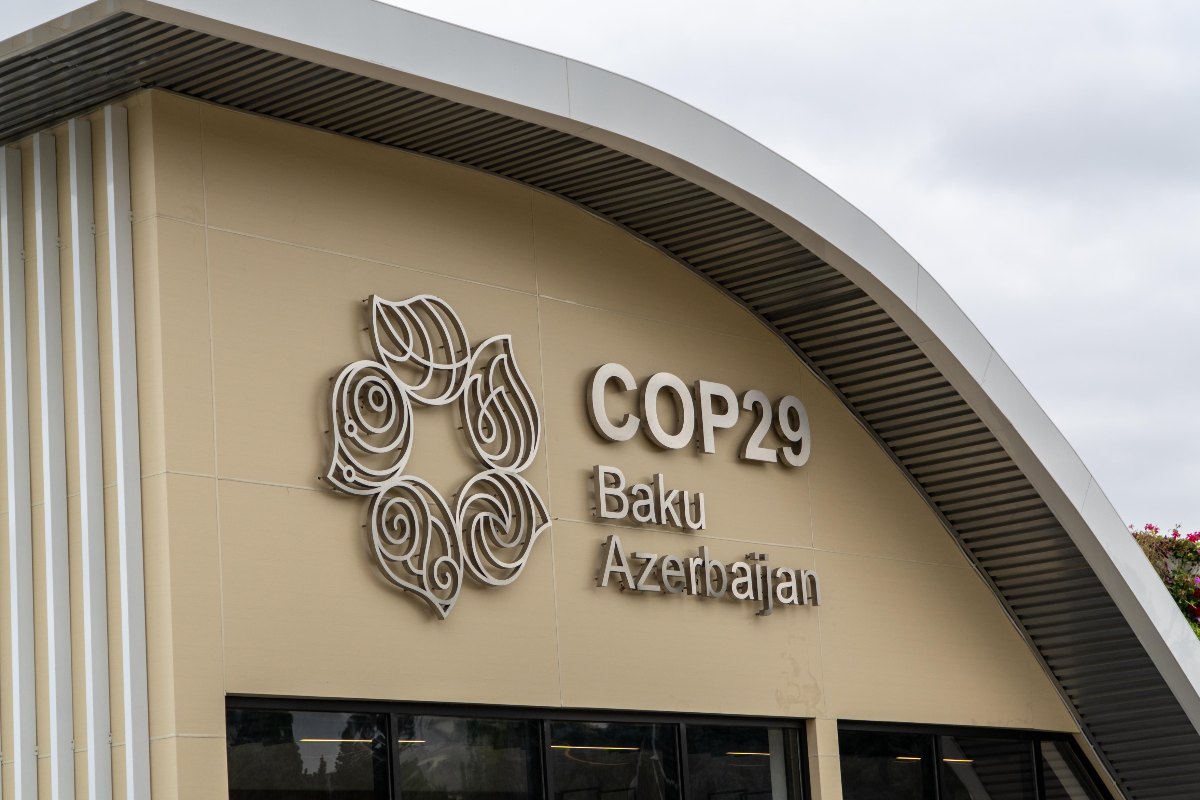Special Reports
SusHi Tech Tokyo 2024: experience ‘Tokyo 2050’ todaySponsored by The SusHi Tech Tokyo 2024 Showcase Program Executive Committee
Bloomberg helps city leaders collect data to inform pandemic response
Covid-19 Management Metrics for Cities sets out to provide a set of critical indicators alongside technical assistance for cities around their utilisation.

Bloomberg Philanthropies has released guidance to help city leaders collect and analyse key data to shape the next phase of recovery response to the pandemic while keeping the most vulnerable residents’ needs centre stage.
Covid-19 Management Metrics for Cities, developed by the Johns Hopkins Bloomberg School of Public Health and What Works Cities, provides a set of critical indicators alongside technical assistance for cities around their utilisation.
Clear guidance for local government
Bloomberg Philanthropies said it was in response to growing demand from mayors across the country for clear guidance for local government and are the first of their kind designed specifically for cities.
“Data is a vital tool to help city leaders respond to the Covid-19 pandemic as safely and equitably as possible,” said Michael Bloomberg, founder of Bloomberg and Bloomberg Philanthropies.
“As mayors put together their plans to reopen and revive their local economies, the set of metrics we’ve developed in partnership with Johns Hopkins will allow them to focus their resources on communities in need – reducing health disparities and saving lives.”
These new resources aim to help city leaders analyse data in seven key areas that should enable better pandemic-related decision-making moving forward, including:
- status of infection local rate
- capacity of the healthcare system
- status of testing and contact tracing system
- levels of compliance with public health safety measures
- protection and preparedness of emergency workers
- protection and preparedness of congregate facilities such as nursing homes and prisons; preparedness levels for business reopening.
According to Bloomberg, through technical assistance and training from What Works Cities, local leaders will learn how to distil and analyse data by race, gender, age, neighbourhood or zip code, census tract, and income level. The aim is to highlight the disparate impact of Covid-19 on different populations and guide resource allocation to work toward a more equitable city, now and in the future.
“Data is a vital tool to help city leaders respond to the Covid-19 pandemic as safely and equitably as possible”
By tracking the right metrics, it claims, mayors will be better positioned to drive equitable response and recovery efforts, advocate for at-risk populations, allocate resources according to need, and manage services to ensure the health and safety of all residents.
In addition to the Covid-19 Management Metrics for Cities, Bloomberg Philanthropies and its partners intend to offer a range of virtual supports to help cities utilise these metrics to guide day-to-day decision making in areas such as business reopening, operation of public transport, and the distribution of resources.
“The metrics being released today will become central to our guidance to help mayors make decisions equitably and based on sound public health evidence”
Select cities will also receive bespoke technical assistance to help them gather and analyse the necessary data and share it with the public.
“Using data for decision making is critical, now more than ever. As a partner in What Works Cities, we have worked for the last five years helping mayors make data driven decisions,” added Beth Blauer, executive director, Centres for Civic Impact at Johns Hopkins University.
“As cities navigate the Covid-19 crisis and work toward economic recovery, the metrics being released today will become central to our guidance to help mayors make decisions equitably and based on sound public health evidence.”
You might also like:

















